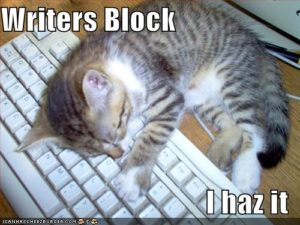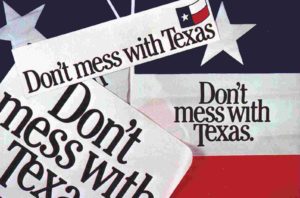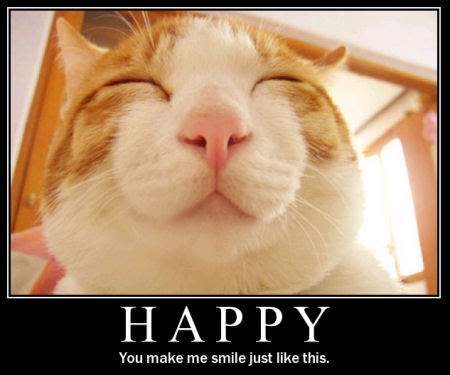Wow! It is so exciting to read all the comments you posted to my blog, Facebook, and Twitter yesterday! I don’t keep hard and fast numbers about this challenge, but it sure seems like we have a record number of participants, with more joining by the hour. How cool is that!!??
So…. how did it go?
Did the words come fast or slow?
Did the characters whisper to you, or were you writing “from your head,” i.e. thinking things like “I must insert a clever foreshadowing of the B plot into this conversation”?
Did you feel triumphant or afraid? Or, perhaps, a little of both?
Do you have a specific writing question that you’d like an opinion on?
Yesterday I received this question, “I’m at a point where I’m stuck, and I don’t know where to go from here. Any advice?”
I feel your pain!!!
Writing a novel is an absurd idea. You have to create a world, nay, an entire universe, with a past, potential futures, personalities, sometimes a whole new culture, and then you insert the thump of a human heart and breath life into your clay characters and tell them to dance. You try to write down the steps to the dance, and make it flow, and make it interesting, and keep it under a billion words. Oh, and make sure that someone will find it marketable.
What kind of crazy person does that?
We do, my friends. We word-addled tribe of dreamers. That’s the good news and the bad news, because it’s easy to get lost when wandering in imaginary worlds. It is no fun feeling lost.
This is where THINK BIG, WRITE SMALL helps. You’ll use that in today’s prompt.
Ready… Give yourself a gold star (or ice cream) for making it to Day Two!
Set… Take a few minutes to shift gears from the outside world to the inside world. Close your eyes and breathe slowly. You are allowed to take this time for yourself.
Today’s prompt: Write down what you think might be the larger arc or issues or themes of your book. It’s OK if you don’t know for sure. You can change your mind down the road. If you don’t yet have anything as a specific as a theme, then try to summarize, in one or two sentences, the central conflict in your story. It can be the internal character conflict, or the external conflict he is facing in the world. (Or both!) This is your BIG PICTURE. It is the heading on your compass.
When you get stuck, reread your Big Picture statement(s). Say it aloud, write it in the sand, translate it into Bulgarian (or your language of choice), and then ponder:
1. What scenes can you invent that reflect the conflict of the Big Picture? Make a quick list of five such scenes.
2. Do you need to introduce new characters to complicate the Big Picture? Quickly write a few lines about five possible characters.
3. Your main character could likely use another layer or two of nuance. Which is a polite way of saying he needs some flaws. In one of your new scenes, or in conversation with one of the new characters, have your main character behave badly. Allow him to be a jerk, or make a foolish decision, or make a mistake.
Part Two comes tomorrow!
Scribble…Scribble…Scribble!








